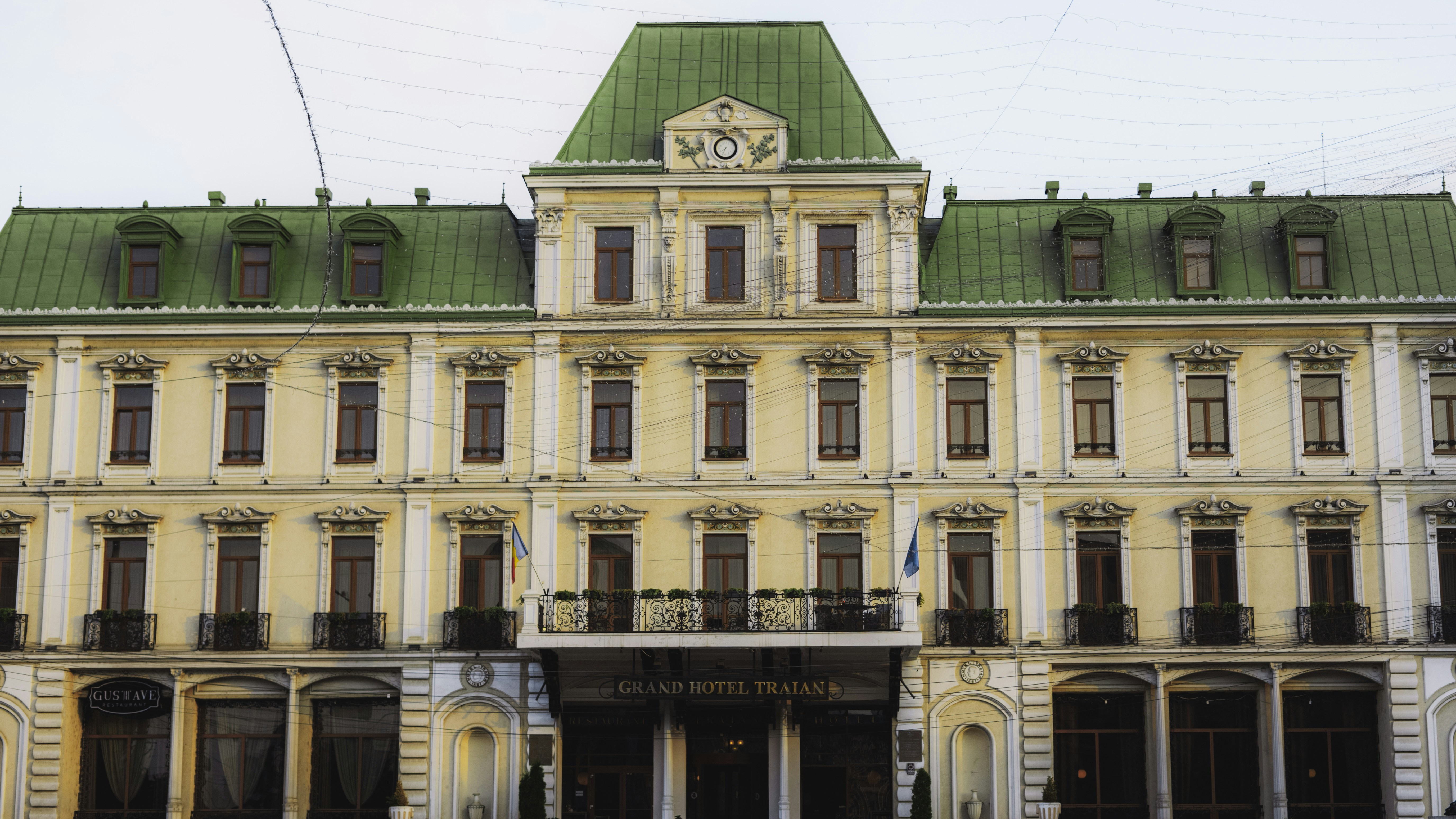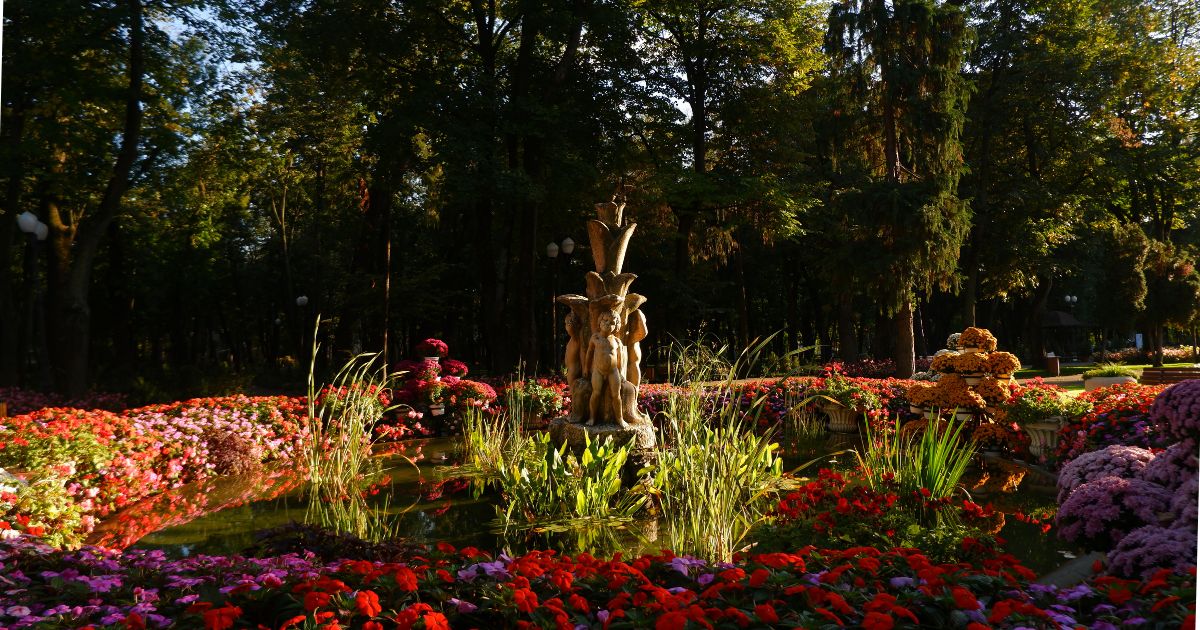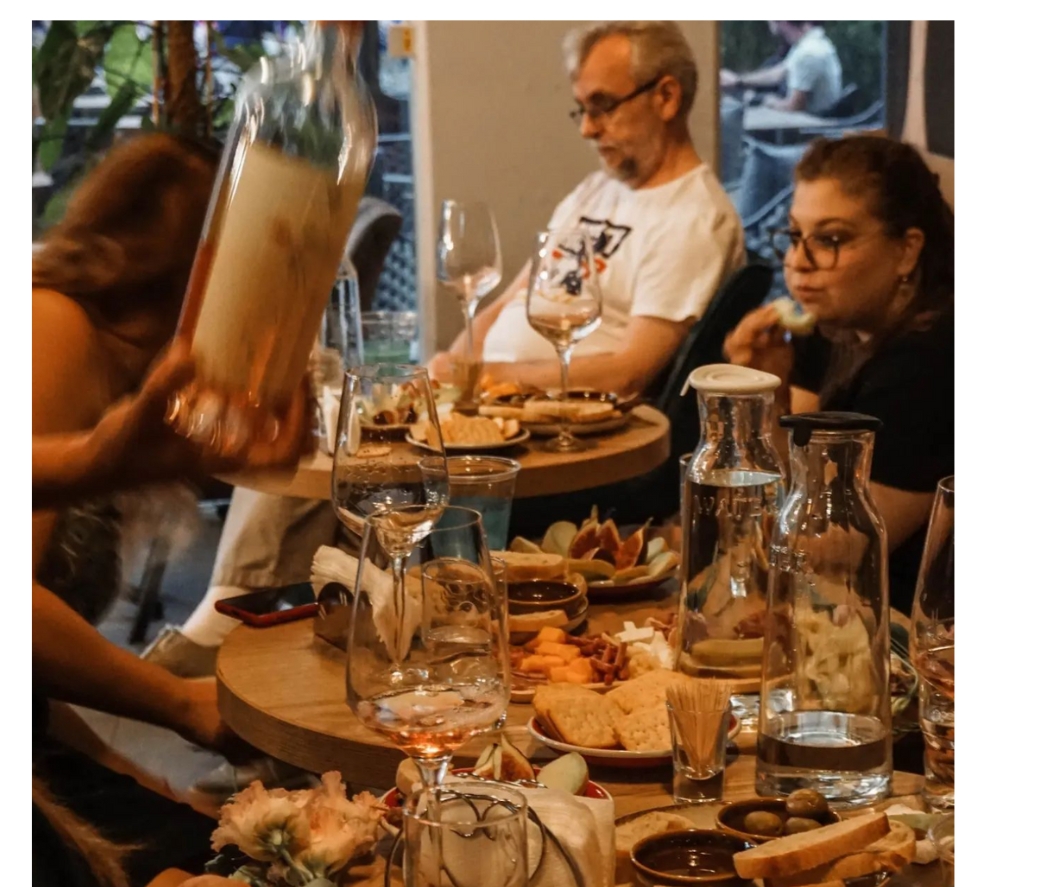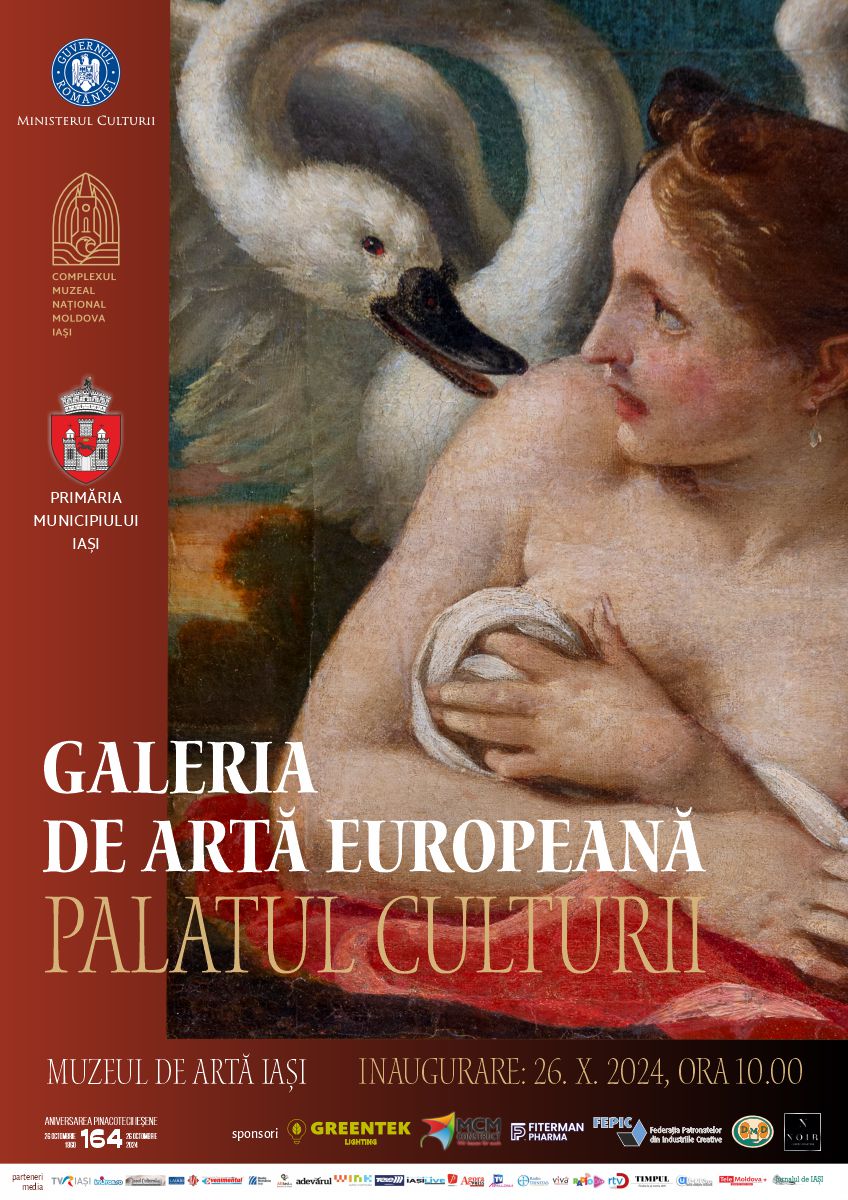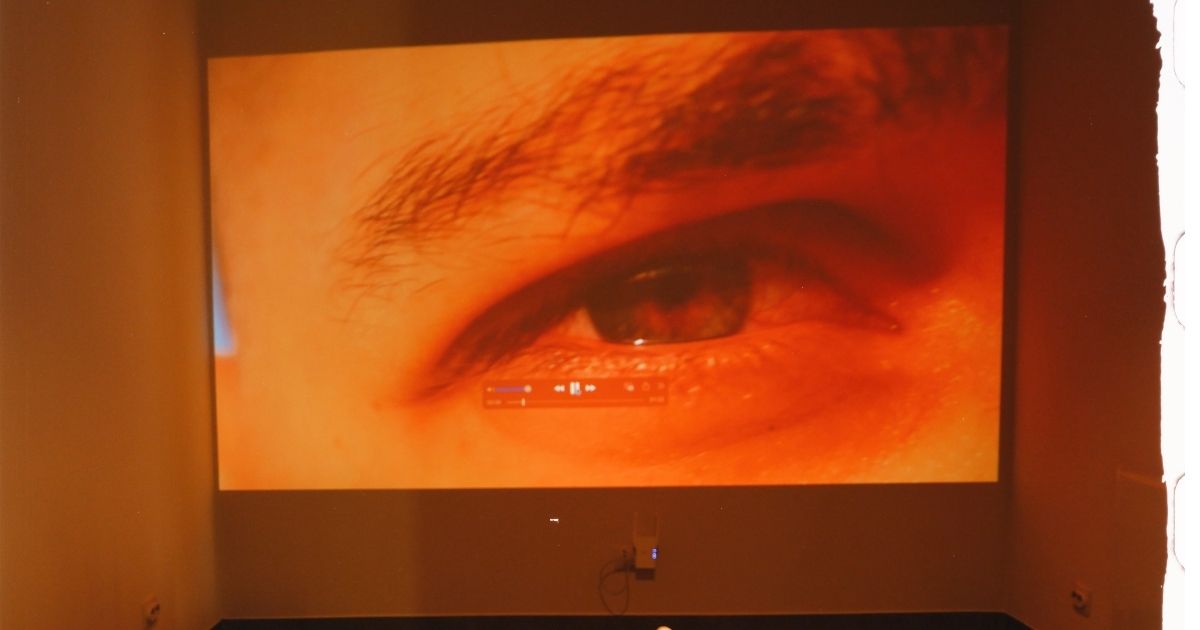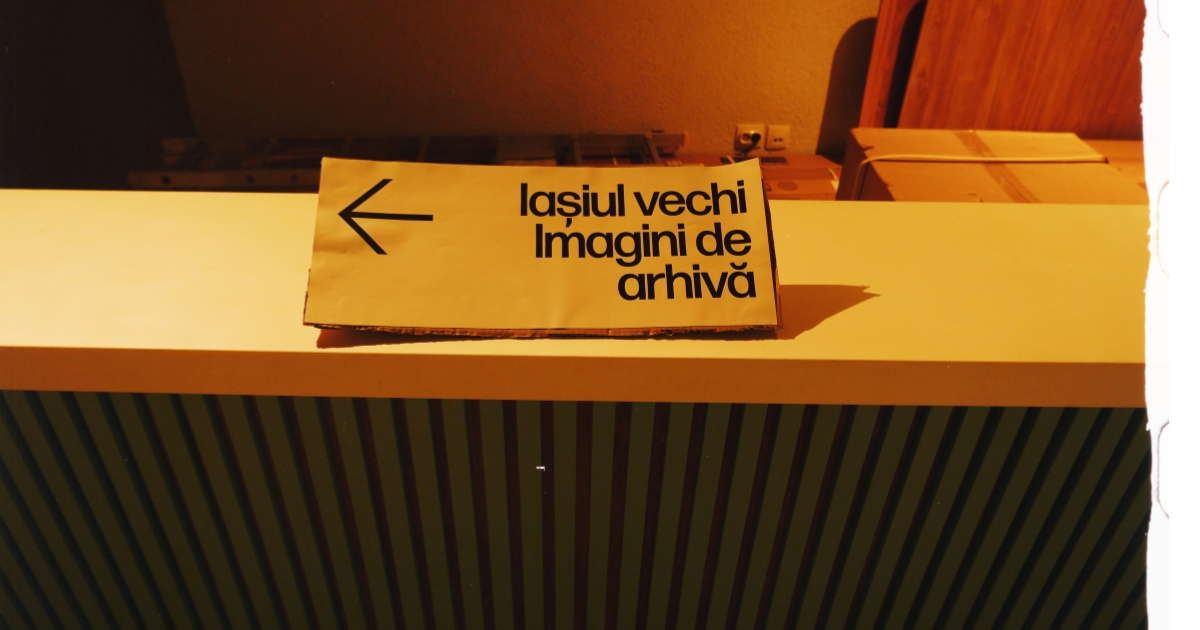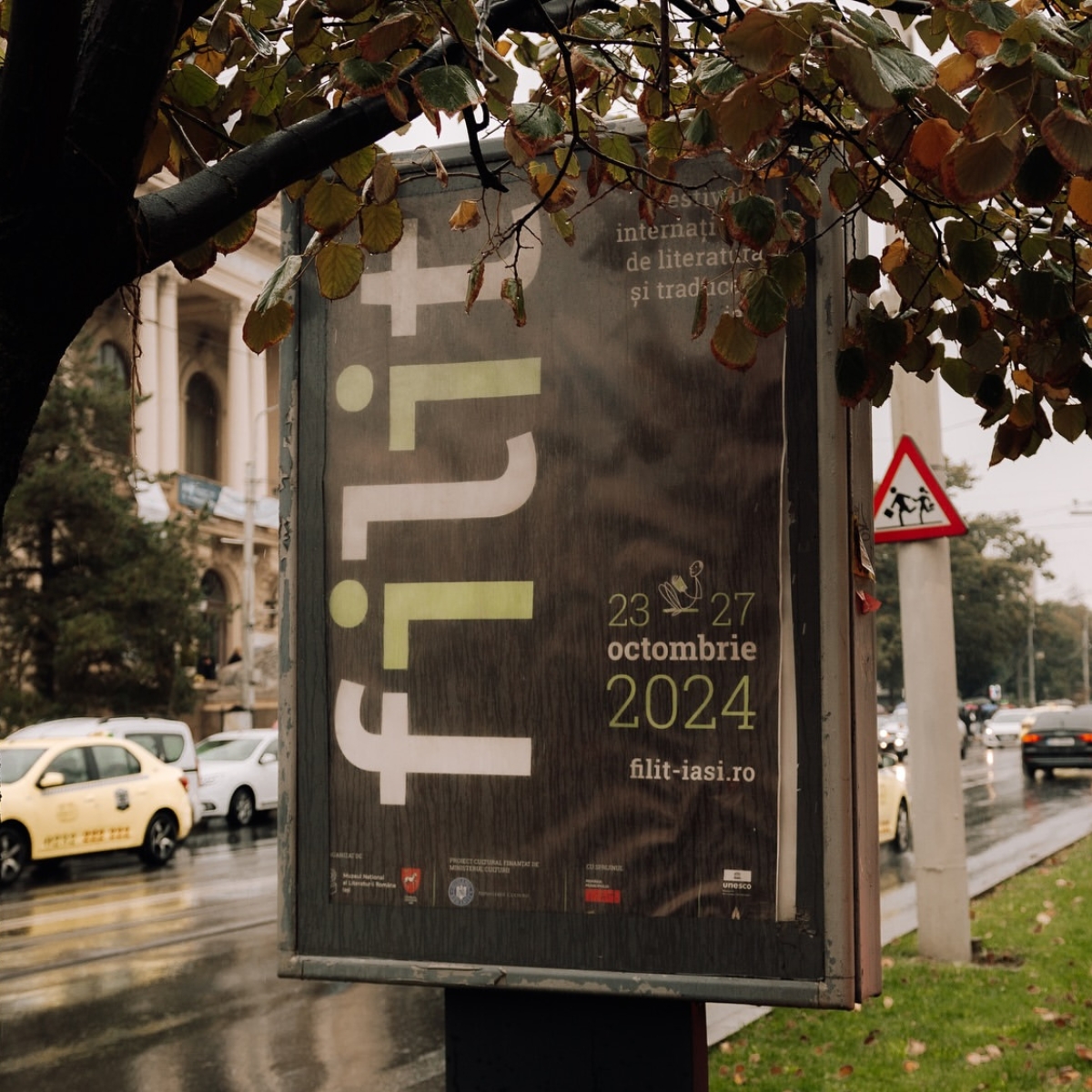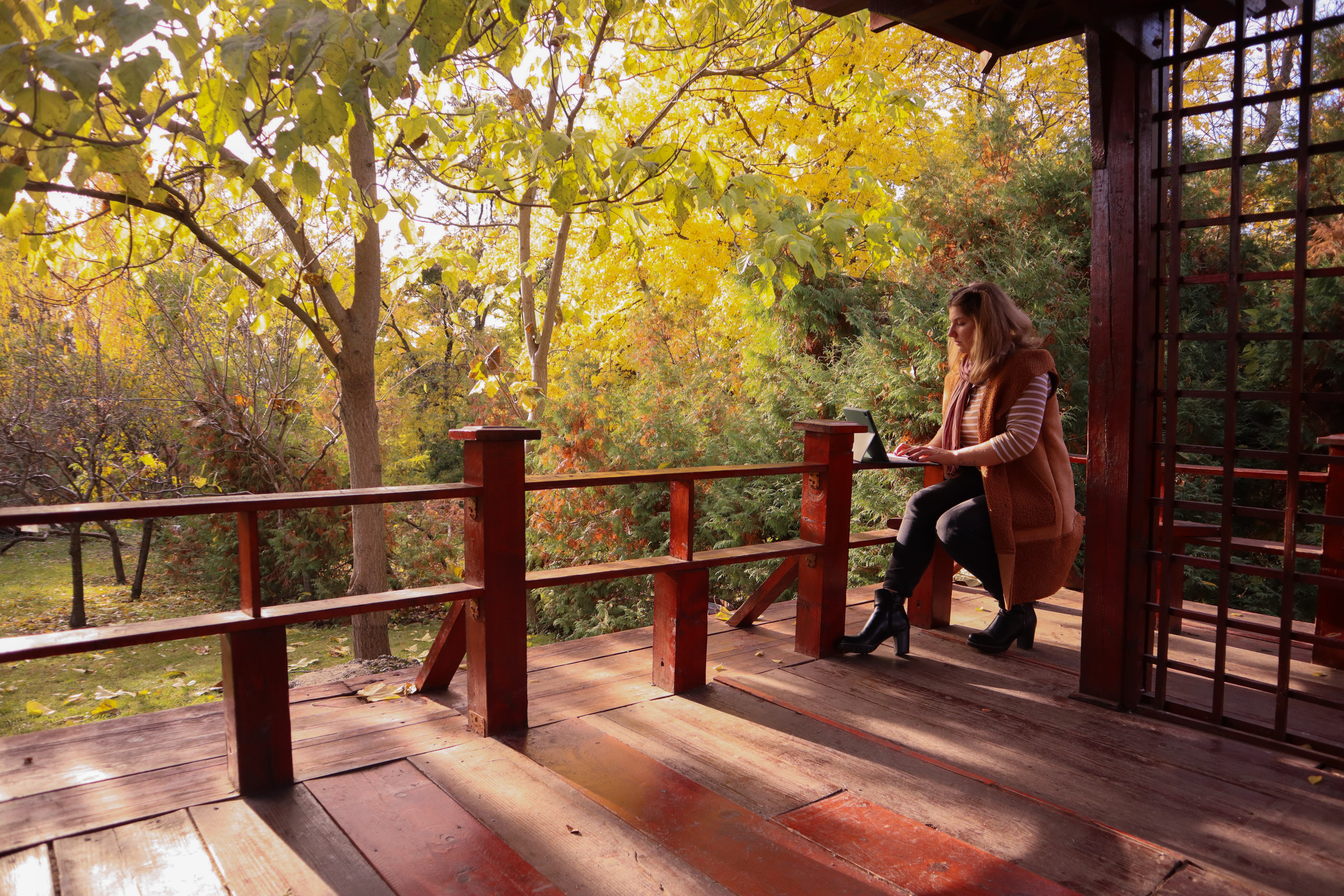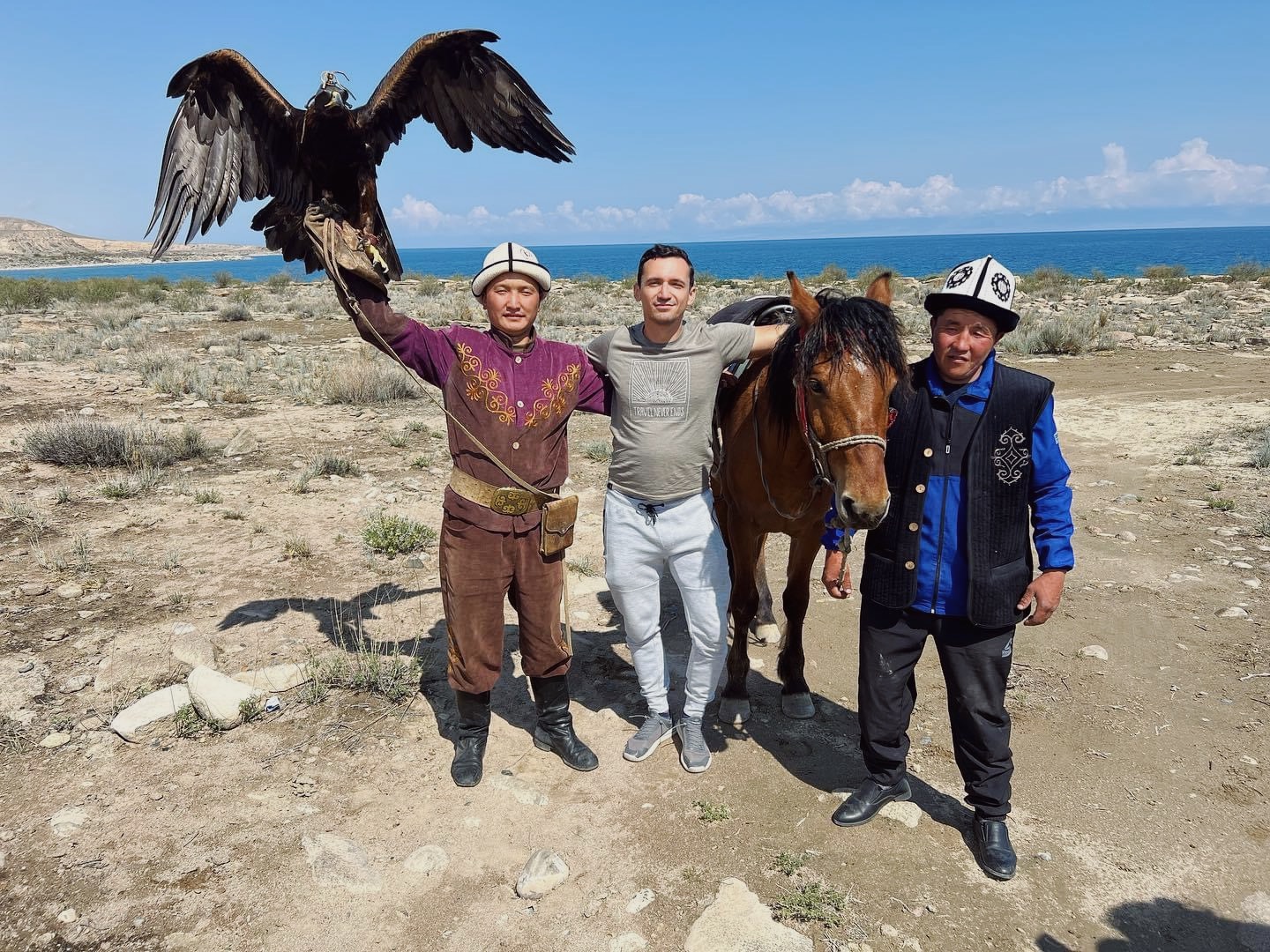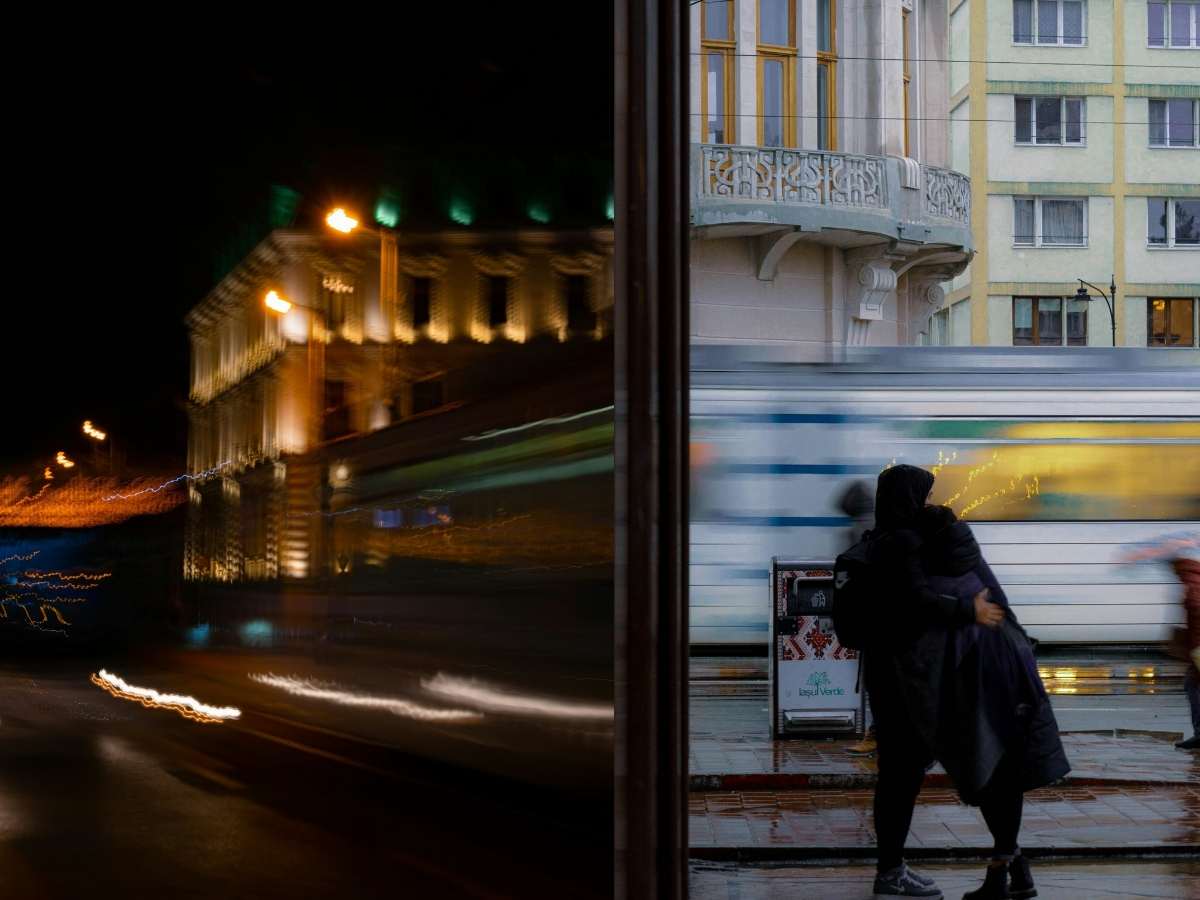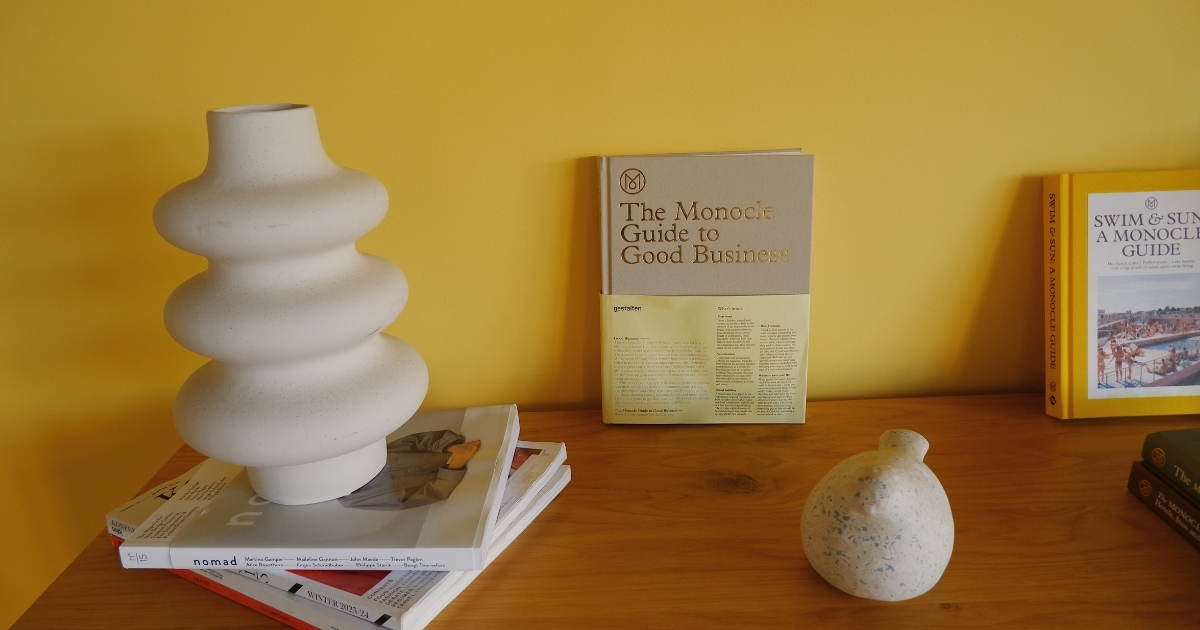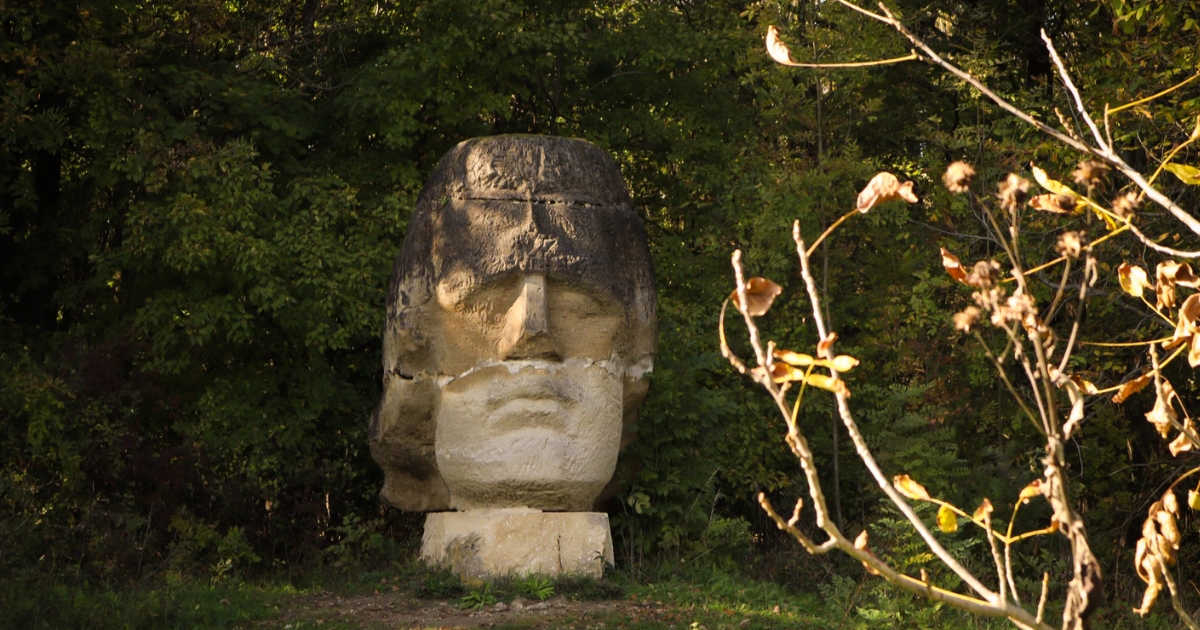Oct 27, 2024
Lucian Avadani - Connecting the Dots by Looking Backwards
Lucian Avadani is the co-founder of Exotic Tribe and has been a digital nomad for 13 years. I listened to Lucian on a podcast where he mentioned Steve Jobs' quote, "you can only connect the dots looking backwards." I knew we would resonate because this quote has kept me calm during moments of uncertainty. I realized that if I continued to do my work, everything would make sense one day. You can't make sense of things by looking into the future; only by looking back, just as Lucian does now when he reflects on how he recognized the power the internet would have in changing the way we work, or when he discovered his passion for traveling the first time he stepped out of the country. Read on to learn more about Lucian and the life of a digital nomad.nomadQ: Can you briefly describe your professional activity and what you're currently doing as a digital nomad? ;A: Online Marketing Manager, Small-Scale Investor in the stock market.Q: What is your background? How did you choose this lifestyle? Was there someone or something that inspired you? ;A: I graduated from Alexandru Ioan Cuza University, Faculty of Economics and Business Administration, completing both undergraduate and postgraduate studies. In 2010, when I started researching, this lifestyle was not widespread. I had a passion for traveling since 2004 when I took my first independent trip abroad. At the same time, I was drawn to technology and IT (though not programming). The internet was becoming more popular, and I foresaw that the barrier between the physical location of where you work and the work itself would gradually disappear. A book that influenced me in this direction was "The 4-Hour Work Week" by Tim Ferriss, published in 2007.Q: How long have you been living this lifestyle? Did you have traditional 9-to-5 jobs before becoming a digital nomad? What are, in your opinion, the main advantages and disadvantages of this lifestyle? ;A: Since 2011, when I concluded an entrepreneurial phase with a double business failure and shifted to intrapreneurship, working remotely for a tech company, starting from scratch. A few months after I started collaborating with them, I began traveling more while working asynchronously (meaning I would start and finish whenever I wanted, as long as I delivered). However, I had almost no traditional 9-to-5 jobs, except for two Work and Travel programs in the USA during college, each lasting six months, where I had fixed schedules, and a short three-month stint at a financial-banking company in Romania after university. Otherwise, I've consistently enjoyed flexibility, both through entrepreneurial projects and as a remote employee.Q:What advice would you offer to those thinking about becoming digital nomads? ;A:Make sure you enjoy traveling and have a high degree of self-discipline because you need to get your work done even if palm trees sway around you and people are surfing or lounging on the beach. If you don't like traveling, you can try working remotely at first, at least to have the flexibility to organize your time as you wish from home, without the commute, allowing you to spend more time with loved ones, pursue hobbies, and have a higher quality of life overall. An important factor, proven by certain studies, is to determine if you lean more toward being introverted or extroverted. For instance, if you're more introverted, a hybrid lifestyle might be better, where you go to an office 1-2 times a week for social interaction.Q:What was the most challenging moment for you as a digital nomad? Are there days when this lifestyle becomes exhausting or overwhelming, especially being away from family and friends? ;A: As I mentioned earlier, loneliness in certain contexts can be a challenge. For example, in 2020, I chose to spend half a year during the pandemic in Bangkok, Thailand. Everything was fine, but although there were no movement restrictions, there were no social places open, and people were cautious. If you're single, this can impact your mental health. Overall, as you might have gathered, the main downside is its effect on personal relationships. A secondary negative impact could be on the environment, especially if you constantly travel by plane, which can have long-term consequences.#nomadQ: From your experience, which country or city offers the best conditions for digital nomads? What makes this place special? ;A: This year marks 20 years since I started traveling internationally and 13 years of digital nomadism (part-time and full-time), visiting around 80 countries across six continents. While it's hard to pick just one, there are several locations. An essential advantage for digital nomads is geo-arbitrage, meaning living somewhere with much lower living costs than your home country, while earning more than the local average, offering a much higher standard of living. In this context, places like Chiang Mai, Bangkok, and Koh Phangan in Thailand, Bali in Indonesia, Playa del Carmen in Mexico, Da Nang in Vietnam, Tbilisi in Georgia, Penang and Kuala Lumpur in Malaysia, Medellin in Colombia, and southern Portugal are excellent for digital nomads. They provide a mix of good quality of life and reasonable costs (sometimes even lower than in Romania’s provinces), communities of people with the same lifestyle, excellent warm, tropical climate, safety, events, and linguistic accessibility (locals speak English, the global communication language).Q: What is your favorite city among those you have visited? Where do you feel most at "home"? ;A: Primarily Bangkok in Thailand, where I spent over three years, but also Kuala Lumpur in Malaysia, where I spent several months. In Romania, I have a similar feeling in Bucharest and even Iași, although in recent years I’ve only spent a maximum of two weeks per year there.#nomadQ: Do you think Iași is a suitable destination for digital nomads? Why would you answer yes or no? ;A: Certainly, it has a high potential to attract some digital nomads, but overall it’s not a highly sought-after destination, and I'll explain why:In terms of air connections, there are still deficiencies in availability and frequency.The climate is friendly for only about 7 to 8 months a year.The cost of living is rising rapidly.It doesn’t have quick access to the sea and isn't very close to a mountainous area, though it’s just as close as Bucharest.Since most digital nomads are under 50 years old (90-95%), the number of socio-cultural activities is much lower than in the capital, for example.As for advantages:Proximity to Moldova/Ukraine, making it an attractive spot for those who work remotely and are from there, wanting to be physically closer to their families while avoiding a complex geopolitical context.Less congestion compared to Bucharest and its surrounding areas, and better air quality with lower pollution.Lower costs than the capital in some respects.The possibility of attracting foreign retirees who could contribute to the local economy, seeking a cleaner, quieter environment within an EU country without the capital's hustle.Q: What advice do you have for entrepreneurs and business owners in Iași who want to attract more digital nomads? What should they offer or improve to create attractive conditions for them? ;A: From a strategic perspective, businesses should consider increasing remote positions, which could attract global talent who might come to work from Iași occasionally or even permanently. Locally, an initiative to build a central free WiFi network for those who register could represent an opportunity. Another aspect could be establishing a workstation hub (public or private initiative) where people working in a hybrid remote setup can come to socialize and work (if they get bored of working from home). From a business standpoint, café and restaurant owners could equip their venues with more power outlets and work setups, along with installing and providing free WiFi.Q: Do you know any other digital nomads who have chosen to live in Iași, either in the past or currently? If yes, what was their opinion of the city?A: Personally, I know people who work remotely while living in Iași, but most have family ties, children, long-standing friendships, etc., with others in the area. Predominantly, these are Romanian citizens, not digital expatriates (who work remotely and decided to settle in Iași).Q: What is your favorite place in Iași? What attracts you to it? ;Definitely the Copou area, as I lived there for years, and it has a unique charm, mainly due to the park and the historical ambiance. Also, the area around the Palace, including Palas and its surroundings.Follow Lucian AvadaniExotic Tribe: https://www.exotictribe.ro/Instagram: https://www.instagram.com/lucianraver/Facebook: https://www.facebook.com/lucian.avadani

